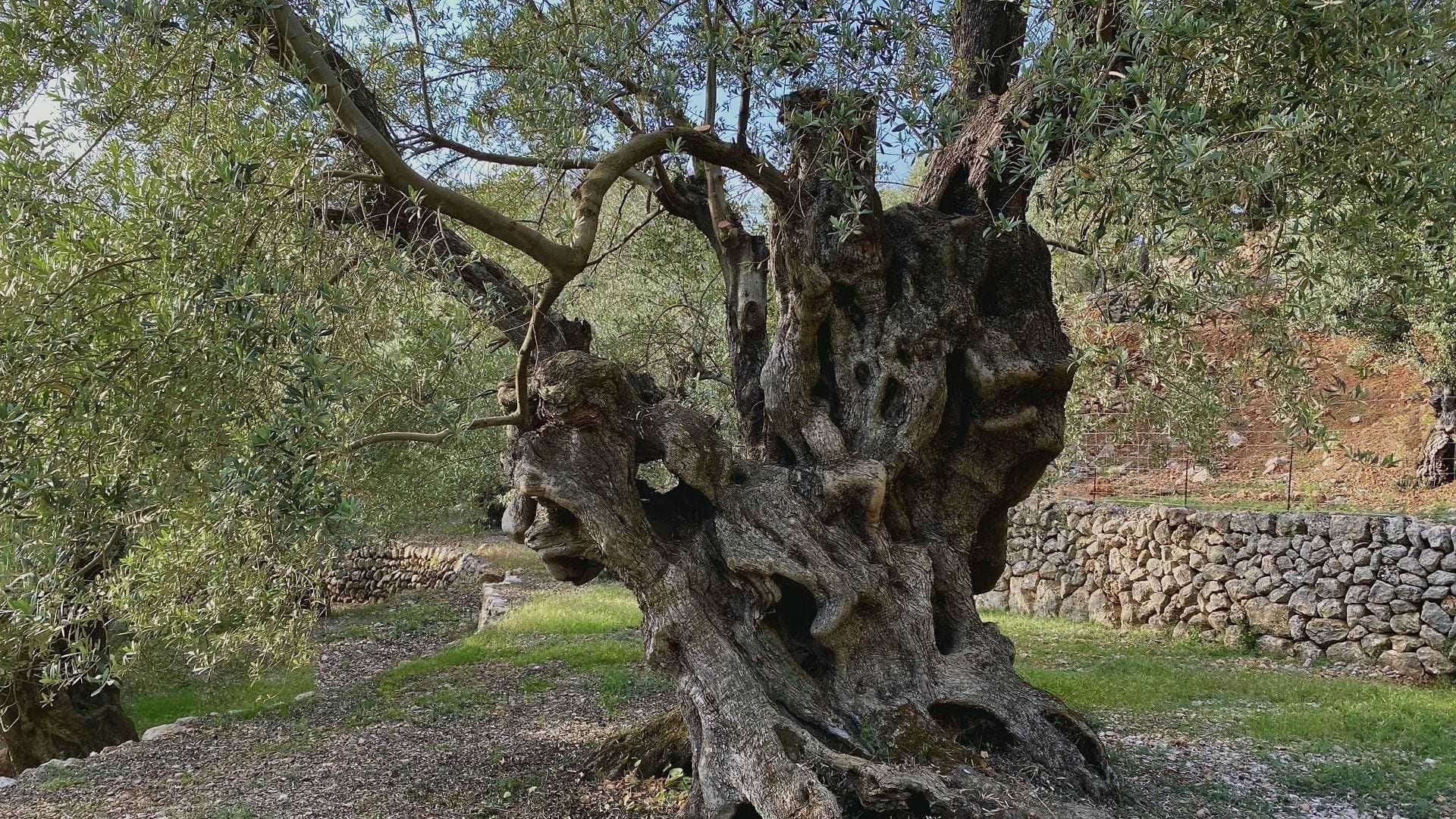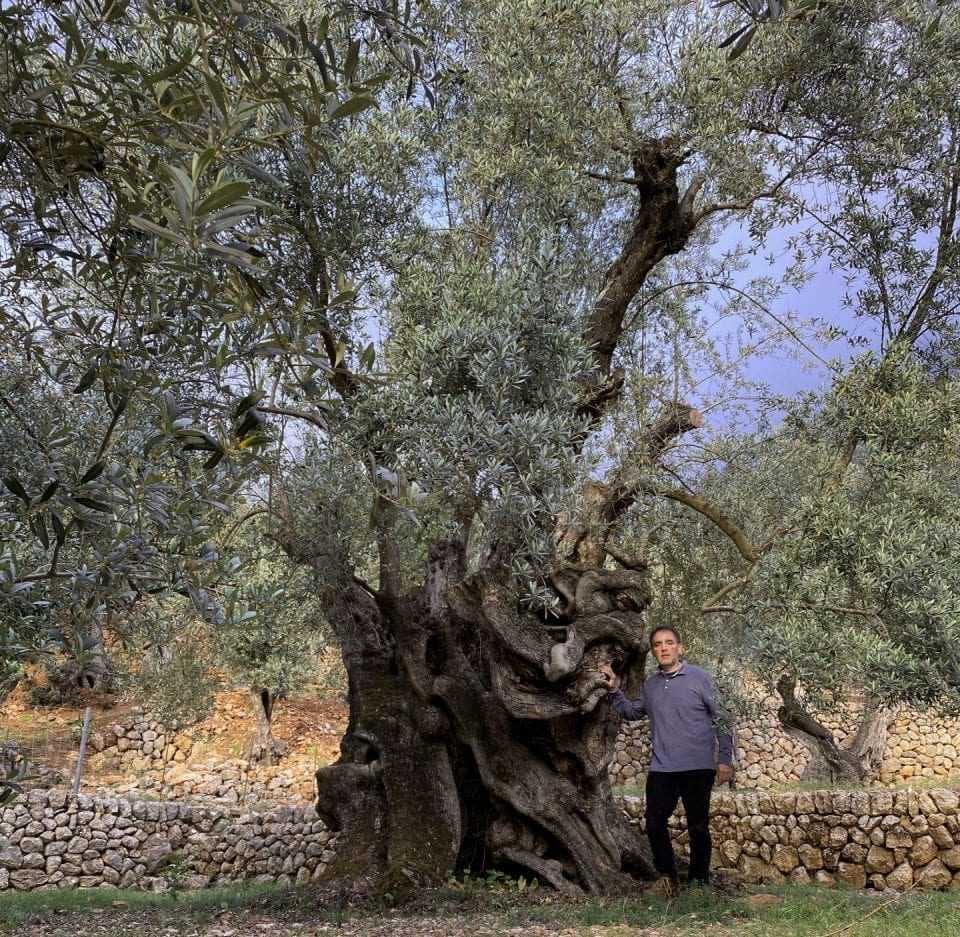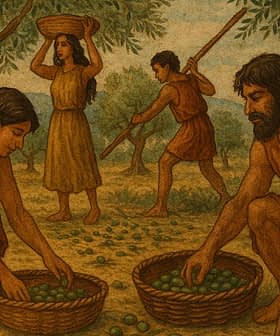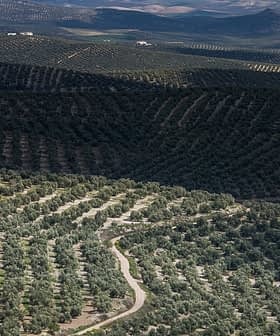Having Survived Invasion and Disease, Millenary Olive Tree Recognized in Spain

A millenary olive tree in Fornalutx, Mallorca has been named the best monumental olive tree in Spain for 2020 by AEMO, estimated to be 1,100 years old and believed to have been planted by Moorish settlers. The tree, named Can Det, has survived the spread of Xylella fastidiosa on the island and still produces olives of the native Empeltre Mallorquina variety, thanks to the care of the Deya Canals family who grind their olives in the last press mill on the island.
A millenary olive tree on the island of Mallorca has been named the “best monumental olive tree in Spain” for 2020 by the Spanish Association of Olive Municipalities (AEMO).
Situated in the municipality of Fornalutx, on the terraced slopes of the northerly Sierra de Tramuntana mountains, the tree is estimated to be 1,100 years old.
See Also:Millenary Olive Trees in Spain Named Global Agricultural Heritage SiteResearchers believe it was planted by the Moorish settlers in the ninth century. The judgment panel for AEMO said this means the tree lived through an important part of Spanish history: the reconquest of Mallorca by the Spanish kingdoms.
“The ancient olive trees always contain the mystery of how a living being dares to challenge eternity, of how a plant, where the living sap passes century after century, is capable of surviving both civilizations,” the judgement panel wrote.
The millenary olive tree, named Can Det by the locals, has also survived another invasion: the spread of Xylella fastidiosa on the island.
Introduced in 2016, the plant pathogen has been detected in eight municipalities in Mallorca and infected millions of grapevines, almond and olive trees.

Can Det is also unique for another reason: the tree still produces olives of the Empeltre Mallorquina variety, which is native to Mallorca.
Thanks to the dedication of a local farmer, the olives continue to be transformed into oil.
“In the 21st century, the olive tree continues to bring harvest thanks to the care of its owners, the Deya Canals family, who grind their fresh olives in the last press mill on the island, the Can Det Mill,” the judges wrote.









